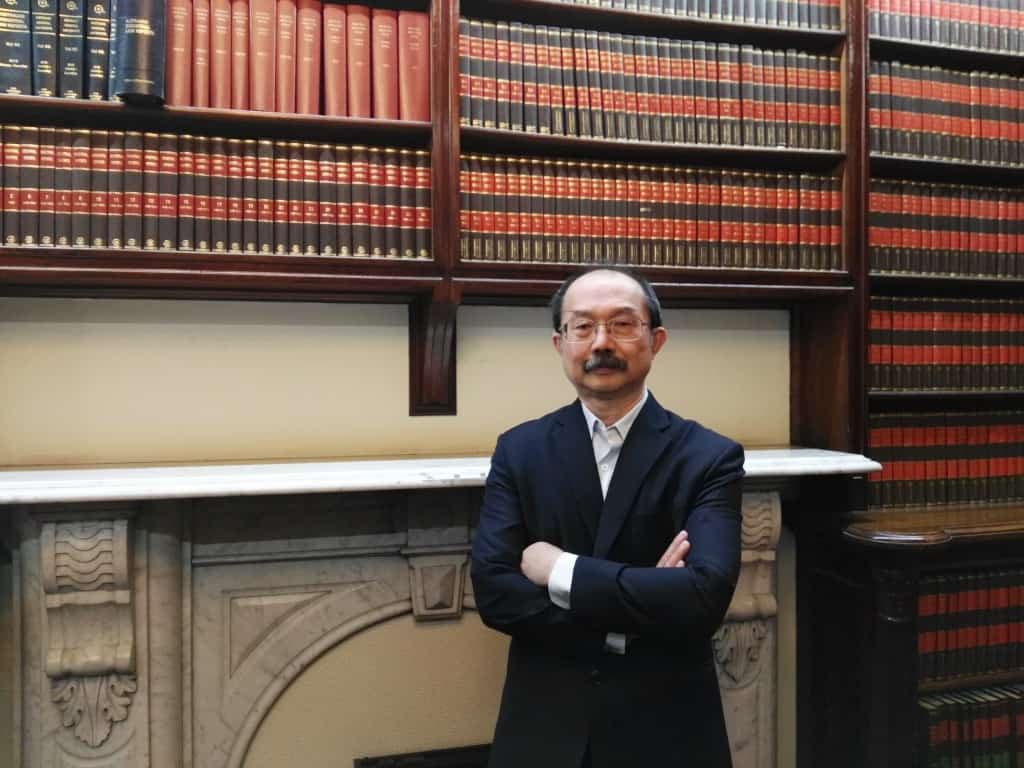
Long-term Australian residents deported – is this possible?
There is a clear distinction between lawful non-citizens (those who hold visas permitting them to enter and remain in Australia: s. 13 of the Migration Act) and unlawful non-citizens (those who do not hold visas – ss. 14 and 15) and who are in consequence liable to detention and to removal from Australia: ss. 189, 196 and 198).
In Chetcuti v Commonwealth of Australia [2021] HCA 25, Chetcuti was born in August 1945 and arrived in Australia in July 1948 as a 3 year British subject. Between 1958 and 1959 he returned to his country of birth for about 8 months as a teenager. Chetcuti has remained in Australia for 73 years where he voted in local, State, and federal elections (s. 3 Commonwealth Electoral Act 1949). In addition, he registered for compulsory military service during the Vietnam war (National Service Act 1951) and eligible to sit as member of the House of Representative or in the Senate – Commonwealth Electoral Act 1918). Chetcuti was employed by the NSW Education Department where he worked as a teacher (Commonwealth Public Service Act 1922). Furthermore, he is eligible to be issued with an Australian passport (s. 4 of the Passport Act 1948 stopped issuing passports to British subjects in 1984).
In 1993, he was sentenced to 24 years for murder. In 2017, the Minister cancelled his Absorbed person visa (click here to learn more about APV) under s. 501 of the Migration Act (click here to learn more about Character test). After having served his sentence, Chetcuti was taken into detention where he remains.
His visa cancellation was set aside on judicial review by the Federal Court, the Minister then made another decision to cancel his visa. This cancellation was upheld on judicial review by the Federal Court in 2018 but was set aside on appeal to the Full Court of the Federal Court in 2019. The Minister immediately made another decision to cancel his visa again.
Chencuti argued that his detention was unlawful because he is not within the reach of the aliens power even though an alien (s. 51(xix) of the Constitution) is any person who was not born in Australia, whose parents were not Australians, and who has not been naturalised as an Australian (Nolan v MIEA (1988) 165 CLR 178 at 185).
Chencuti also argued that in Love v The Commonwealth (2020) 94 ALJR 198 there is a further exception in respect of a person who is an Aboriginal Australian according to the tripartite test in Mabo v Queensland [No 2] (1992) 175 CLR 1 at 70. This further exception is in respect of a person who was a natural born British subject and who commenced living permanently in Australia before 26 January 1949.
The HCA said that in Shaw v MIMA (2003) 218 CLR 28 (at 43, 87) it was confirmed that ‘the aliens power has reached all those persons who entered this country after the commencement of [the Australian Citizenship Act] on 26 January 1949 and who were born out of Australia of parents who were not Australian citizens and who had not been naturalised”. Such a person is treated as an alien to the Australian community.
Chencuti missed out on becoming an Australian citizen on 26 January 1949 because he arrived in Australia on 31 July 1948 (s. 25(1)(d) of the Australian Citizenship Act) as he had then been ordinarily resident in Australia for a period of less than 5 years. After he had resided in Australia for a period of 5 years he did not apply to Australian citizenship by registration (under s. 25(1) of the Australian Citizenship Act 1948) even though he can do so until this was removed from the Australian Citizen Act at the start of the Australian Citizen Act 1973 on 1 December 1973.
The HCA said that Chencuti falls within the scope of the constitutional meaning of ‘alien’ in s. 51(xix), therefore he is within the application of the Migration Act such that he can be detained or removed from Australia.
In Pochi v Macphee (1982) 151 CLR 101 at 111, the Court rejected the notion that an alien could become a non-alien by absorption into the Australian community, hence Chencuti’s 73 years residence in Australia and the strength of any of his general bonds to the community is irrelevant.
The HCA said in 2017, Chencuti’s circumstances were as follows:
- he was born outside Australia;
- he had no Australian parents;
- he was not an Australian citizen because he never registered or applied to be an Australian citizen;
- he had not been naturalised; and
- he was a citizen of a foreign country.
Chencuti is an alien within s. 51 (xix) and was therefore a person to whom the Migration Act could apply – a long-term Australian resident can be detained and deported.
Long-term Australian residents deported | Is this possible? The above HCA case confirmed that long-term Australian residents can be deported if they do not satisfy s. 501 Character test.
Australian migration law is complex and difficult to understand, contact our immigration lawyer to a consultation (fee applies) if your visa has been cancelled or help you to understand whether it is possible for long-term Australian residents to be deported.

 041 222 4020 or WeChat: AUDvisa
041 222 4020 or WeChat: AUDvisa
This article is not intended to be or taken as migration legal advice. The author of this article disclaims any liability for any action or omission on the information provided or not provided in this article. You should always consult an immigration lawyer or a registered migration agent to form an informed opinion on your immigration matter.
